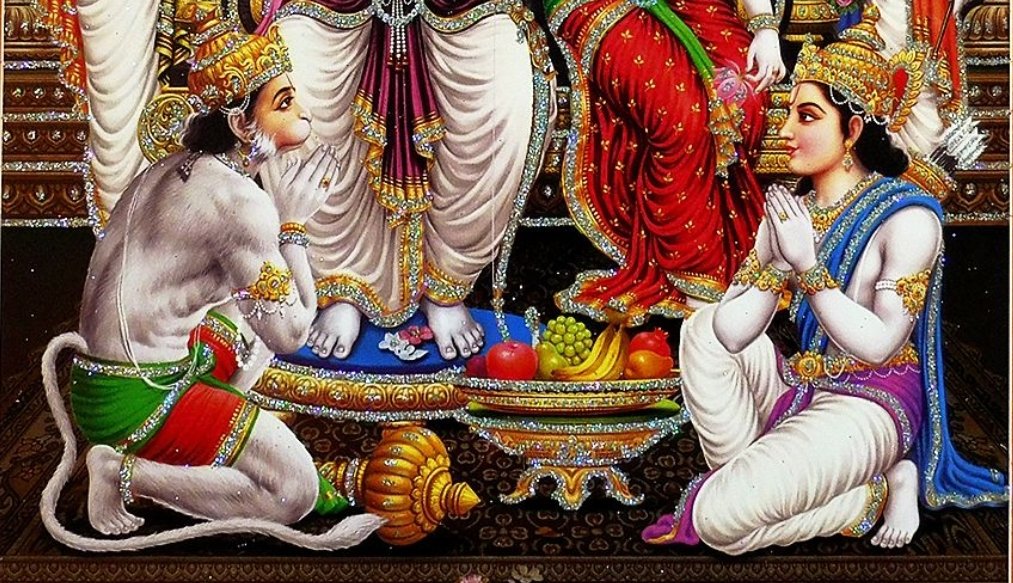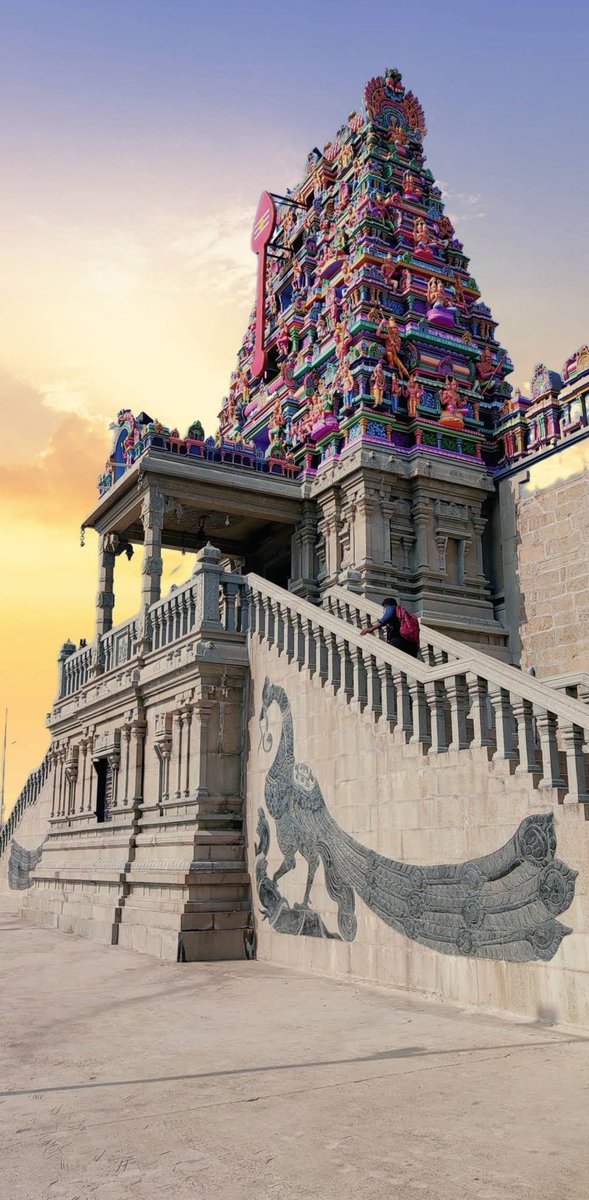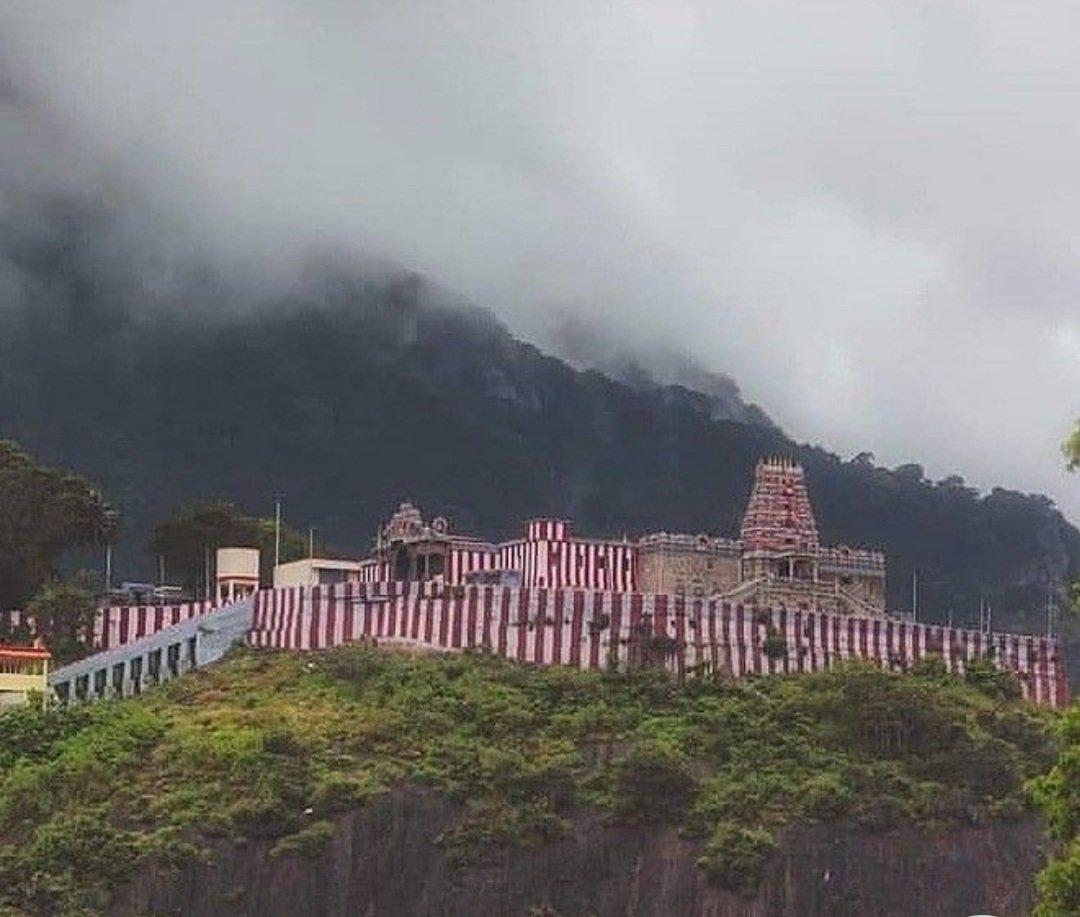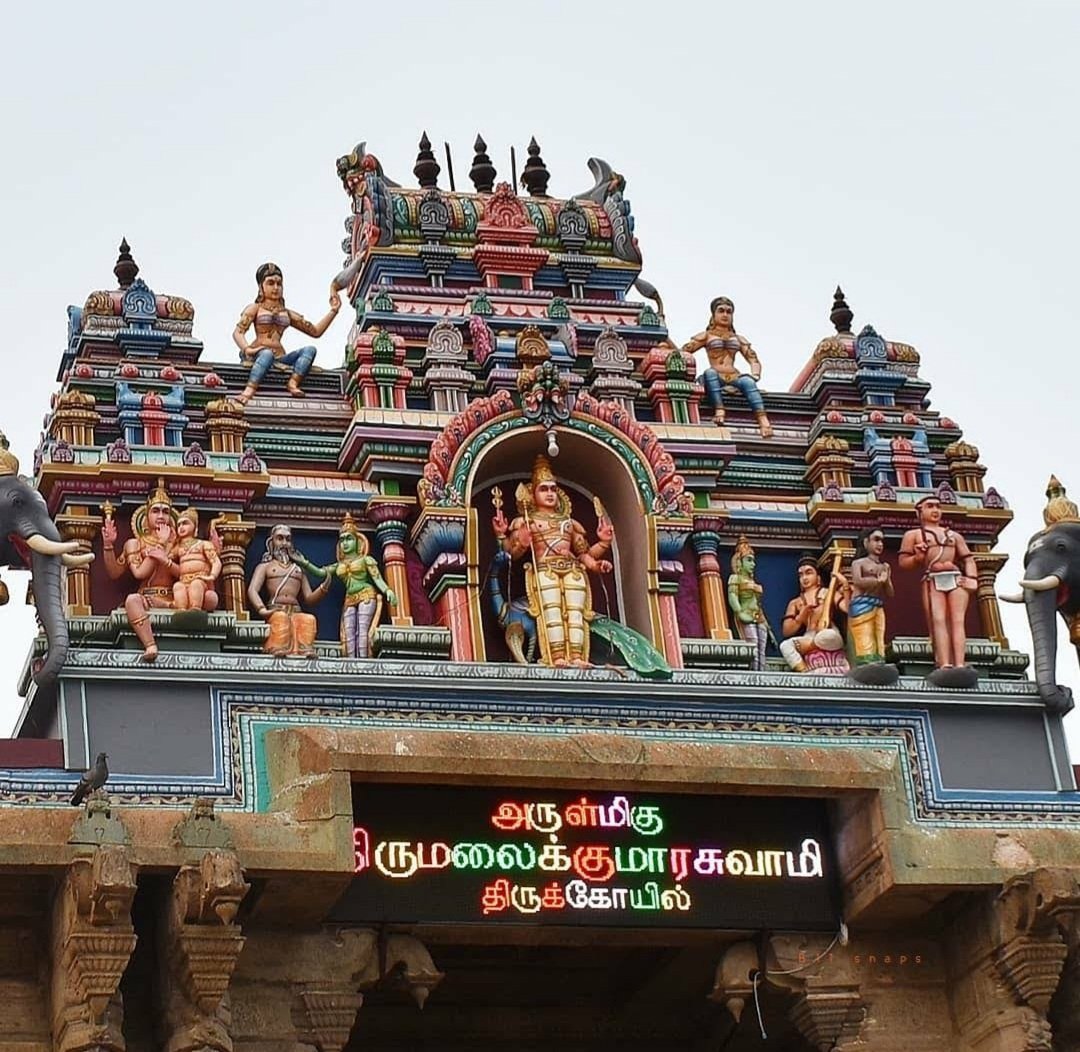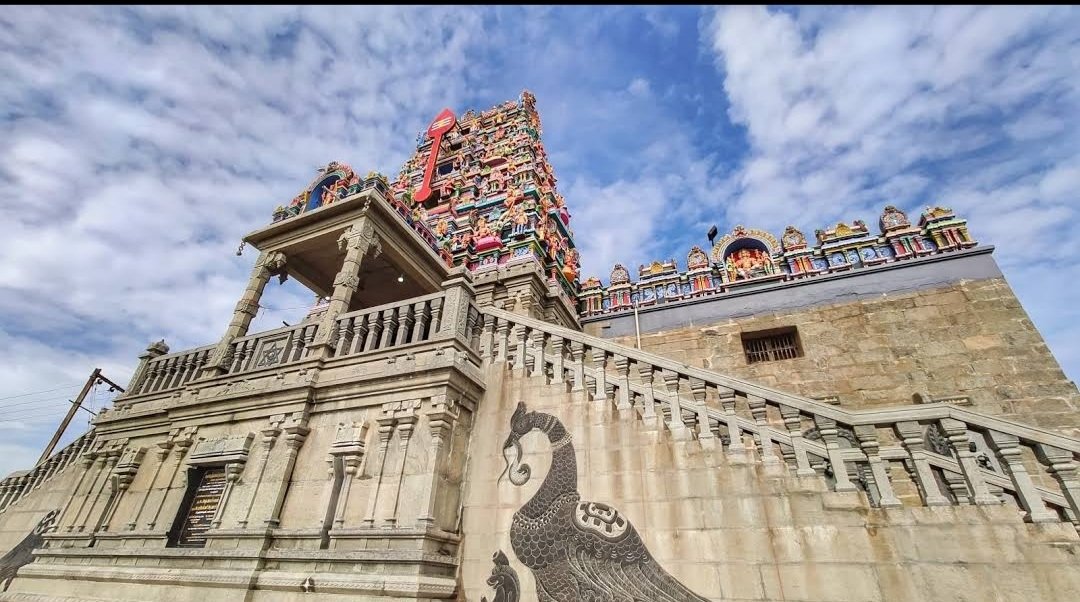https://t.co/Rv9XUGHv49
THREAD: Today, @courierjournal published Beyond Breonna, a series on systemic racism and how Louisville can end it.
It was spurred by the death of Breonna Taylor. But these issues have existed for generations. People are tired of the same
https://t.co/Rv9XUGHv49
We start with health because Black people are dying younger in Louisville - from homicides, chronic illnesses and now the coronavirus.
https://t.co/BGf0SpMrt8
And disparities in treatment have made Black patients mistrust the system.
https://t.co/BGf0SpMrt8
"I was always told, 'It's an act of God, these things happen.'"
https://t.co/BGf0SpMrt8
In Louisville, it still isn't, @HayesGardner reported.
https://t.co/JhaWtE6V8n
https://t.co/JhaWtE6V8n
In Louisville, just 36% of Black households own their home, while 70% of white households do.
https://t.co/BQ8RNJgqGh
Black home-ownership rates fell between 2000 and 2017. And Black people are still evicted at higher rates than white people - including Kwmisha Adams, a mother of four.
https://t.co/BQ8RNJgqGh
"What hurts me the most, it's not me that I have to think about, it's four kids. ... I'm already living in government assistance. How much lower can a person feel?"
https://t.co/BQ8RNJgqGh
This one is hard.
Kris Smith, who @HayesGardner featured, was shot and killed Friday as this series was awaiting publication.
https://t.co/qvIJO2OaIj
But he sat in jail for multiple years awaiting two trials on felony gun possession, eventually taking a plea.
“You get so tired of being in there, locked up, you’ll take damn near anything."
https://t.co/qvIJO2OaIj
https://t.co/qvIJO2OaIj
But as @HayesGardner shows with the story of William Isaac, the lack of opportunities sometimes leads people to commit crimes.
https://t.co/Q8MctcY2EI
“If you don’t have any hope, and you’re discouraged, then, I don’t know. You’re just gonna do things that you shouldn’t do," Isaac said.
https://t.co/Q8MctcY2EI
In 2020, 2.4% of Louisville businesses are Black-owned.
https://t.co/S3tpBVNt20
https://t.co/S3tpBVNt20
The coronavirus is deepening disparities, giving these issues even more urgency.
But Louisville isn't naive about how to solve them. People know what needs to be done.
The question is: Do we have the will?
https://t.co/oRs5f6IBPJ
People wanted to know how Louisville could prevent something similar from happening here.
5 years later, little has changed.
https://t.co/oRs5f6IBPJ
But community members say, in many cases, the obstacle isn't funding — it's a matter of priority and personal will.
https://t.co/oRs5f6IBPJ
https://t.co/oRs5f6IBPJ
Here are 50 potential solutions.
https://t.co/ND4jJI1Wb8
https://t.co/o10nF81t4c
More from Society
Krugman is, of course, right about this. BUT, note that universities can do a lot to revitalize declining and rural regions.
See this thing that @lymanstoneky wrote:
And see this thing that I wrote:
And see this book that @JamesFallows wrote:
And see this other thing that I wrote:
One thing I've been noticing about responses to today's column is that many people still don't get how strong the forces behind regional divergence are, and how hard to reverse 1/ https://t.co/Ft2aH1NcQt
— Paul Krugman (@paulkrugman) November 20, 2018
See this thing that @lymanstoneky wrote:
And see this thing that I wrote:
And see this book that @JamesFallows wrote:
And see this other thing that I wrote:
Hi @officestudents @EHRC @EHRCChair @KishwerFalkner @RJHilsenrath @trussliz @GEOgovuk
The Equality and Diversity section of your job application has 'gender' in what appears to be a list of the protected characteristics under the Equality Act 2010.
However...
1/15
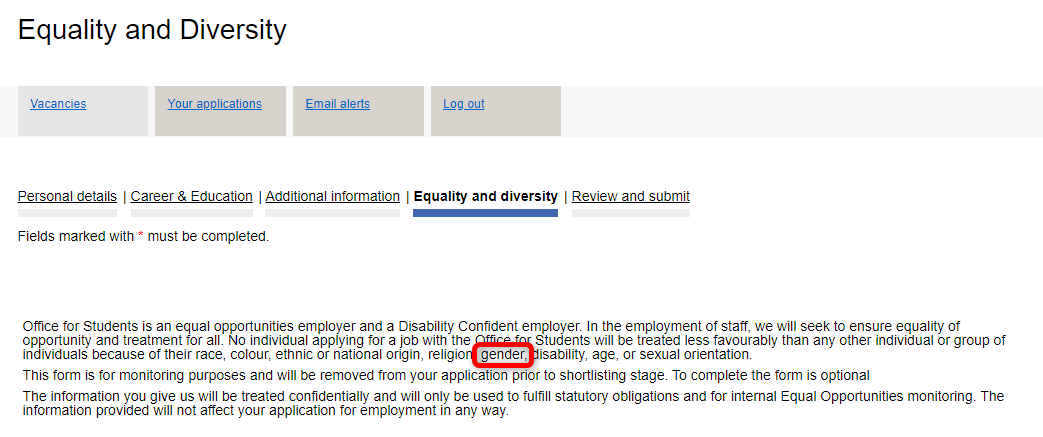
However, 'gender' is not a protected characteristic under the Equality Act 2010 and is not defined in the Act.
https://t.co/qisFhCiV1u
Sex is the protected characteristic under the Act, but that is not on your list.
2/15
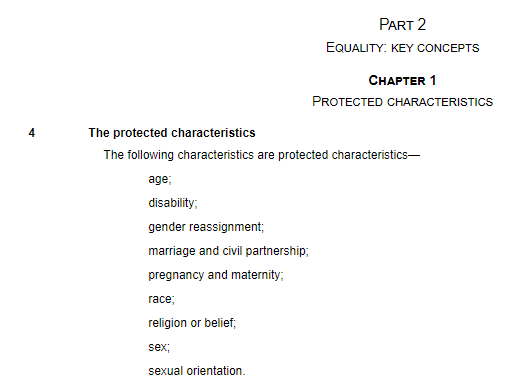
You then ask for the 'gender' of the applicant with options:
Male
Female.
3/15

Again, 'gender' is not a protected characteristic under the Equality Act 2010 and is not defined in the Act.
https://t.co/qisFhCiV1u
4/15
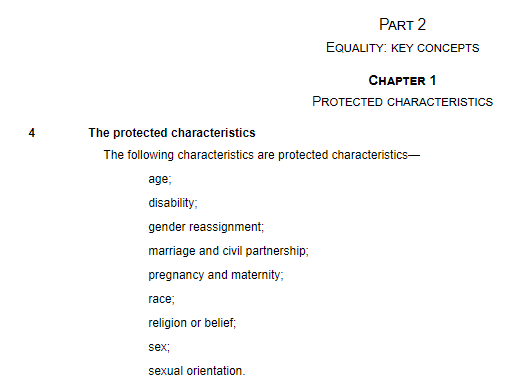
Sex is the protected characteristic and the only two possible options for sex are 'Female' and 'Male' as defined in the Act and consistent with biology, but you don't ask for that.
https://t.co/CEJ0gkr6nF
'Gender' is not a synonym for sex.
5/15

The Equality and Diversity section of your job application has 'gender' in what appears to be a list of the protected characteristics under the Equality Act 2010.
However...
1/15

However, 'gender' is not a protected characteristic under the Equality Act 2010 and is not defined in the Act.
https://t.co/qisFhCiV1u
Sex is the protected characteristic under the Act, but that is not on your list.
2/15

You then ask for the 'gender' of the applicant with options:
Male
Female.
3/15

Again, 'gender' is not a protected characteristic under the Equality Act 2010 and is not defined in the Act.
https://t.co/qisFhCiV1u
4/15

Sex is the protected characteristic and the only two possible options for sex are 'Female' and 'Male' as defined in the Act and consistent with biology, but you don't ask for that.
https://t.co/CEJ0gkr6nF
'Gender' is not a synonym for sex.
5/15

You May Also Like
"I really want to break into Product Management"
make products.
"If only someone would tell me how I can get a startup to notice me."
Make Products.
"I guess it's impossible and I'll never break into the industry."
MAKE PRODUCTS.
Courtesy of @edbrisson's wonderful thread on breaking into comics – https://t.co/TgNblNSCBj – here is why the same applies to Product Management, too.
There is no better way of learning the craft of product, or proving your potential to employers, than just doing it.
You do not need anybody's permission. We don't have diplomas, nor doctorates. We can barely agree on a single standard of what a Product Manager is supposed to do.
But – there is at least one blindingly obvious industry consensus – a Product Manager makes Products.
And they don't need to be kept at the exact right temperature, given endless resource, or carefully protected in order to do this.
They find their own way.
make products.
"If only someone would tell me how I can get a startup to notice me."
Make Products.
"I guess it's impossible and I'll never break into the industry."
MAKE PRODUCTS.
Courtesy of @edbrisson's wonderful thread on breaking into comics – https://t.co/TgNblNSCBj – here is why the same applies to Product Management, too.
"I really want to break into comics"
— Ed Brisson (@edbrisson) December 4, 2018
make comics.
"If only someone would tell me how I can get an editor to notice me."
Make Comics.
"I guess it's impossible and I'll never break into the industry."
MAKE COMICS.
There is no better way of learning the craft of product, or proving your potential to employers, than just doing it.
You do not need anybody's permission. We don't have diplomas, nor doctorates. We can barely agree on a single standard of what a Product Manager is supposed to do.
But – there is at least one blindingly obvious industry consensus – a Product Manager makes Products.
And they don't need to be kept at the exact right temperature, given endless resource, or carefully protected in order to do this.
They find their own way.














